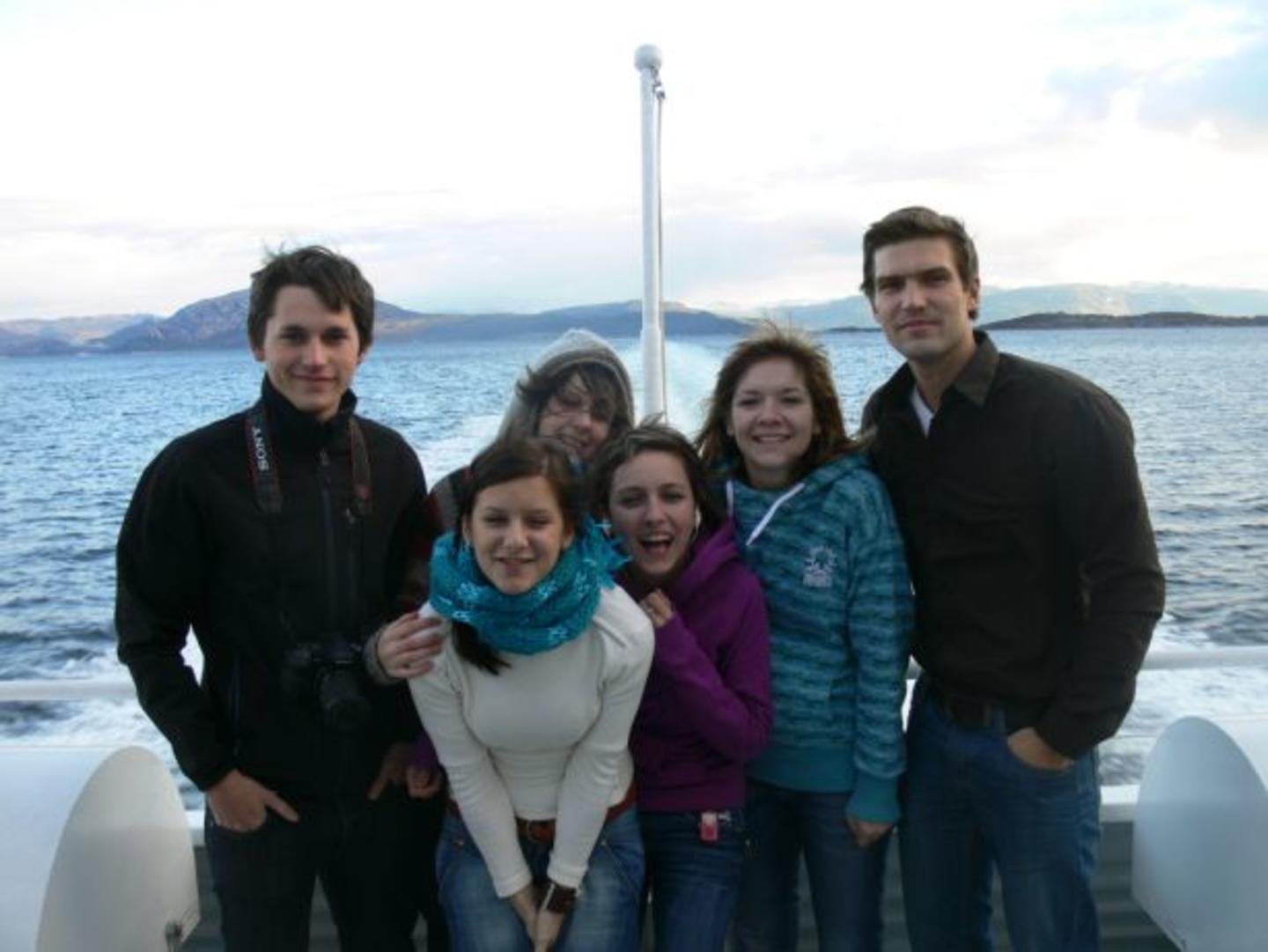Life long learning is at the core of the European social model and has been referred to as a way of building Europe. Education is not only a public good, an element to fuel economic growth, but also a project to be realised by the individual throughout her life.
Increased student mobility
In line with ideas of opening up education in Europe, 11 scholarship and research funds have been established under the EEA and Norway Grants. However, despite political objectives, many European countries witness a drop in student mobility. The scholarship funds have contributed to flatten out the negative mobility curve by attracting students from Central and Southern Europe to Iceland, Liechtenstein and Norway.
Life long learning
In addition to support to European educational mobility, numerous projects are carried out in the beneficiary states to strengthen human capital and raise institutional capacity. The majority of projects support education and capacity building, providing public administrations with professional civil servants, businesses with access to highly-skilled workers, and civil society with the knowledge to advocate their causes effectively.
SEE ALSO:
Awards for improved public services in Poland
Balancing work and familiy in Spain
Educational institutions in Iceland, Liechtenstein and Norway are involved as partners in close to 50 of the 160 human resource projects.
Including disadvantaged groups
A significant number of the projects aim specifically at including under-represented or disadvantaged groups in the education and labour market. Labour market integration is an important tool in the fight against discrimination and social exclusion, and the resulting increase in employment can also have a positive influence on the economy. The Roma population which is often prone to discriminatory treatment in Europe has been targeted in several of the human resource initiatives supported by the EEA and Norway Grants, such as in the Wild Poppies project.
